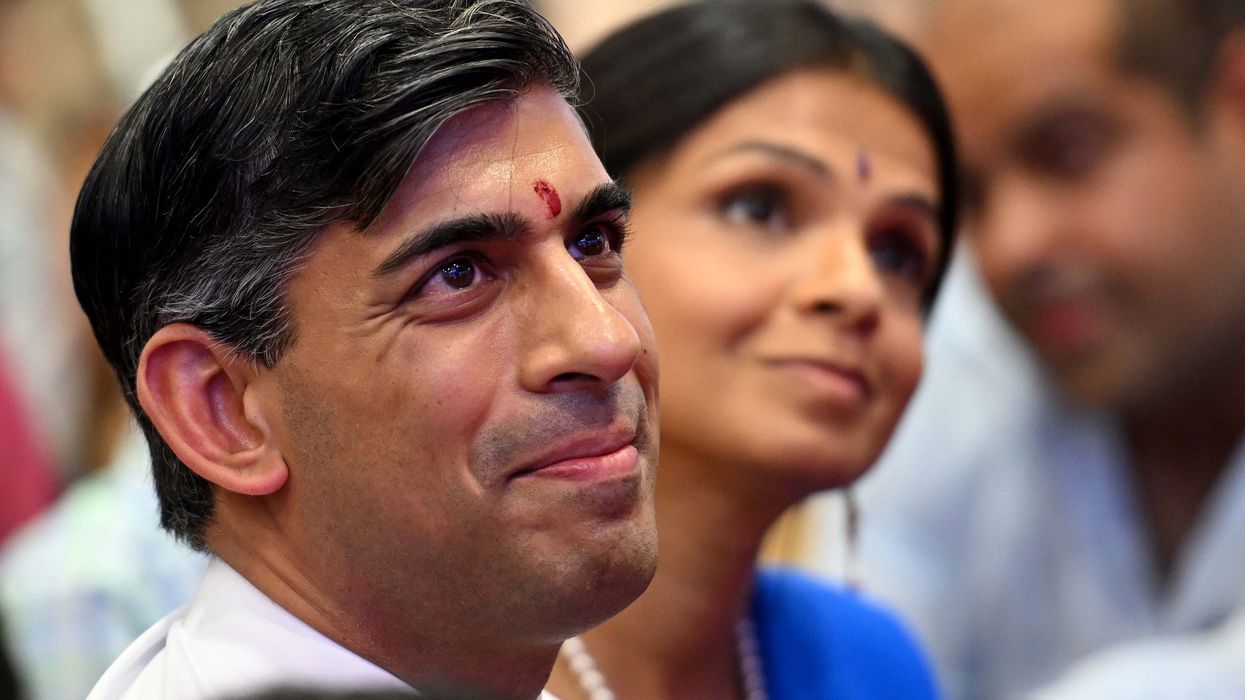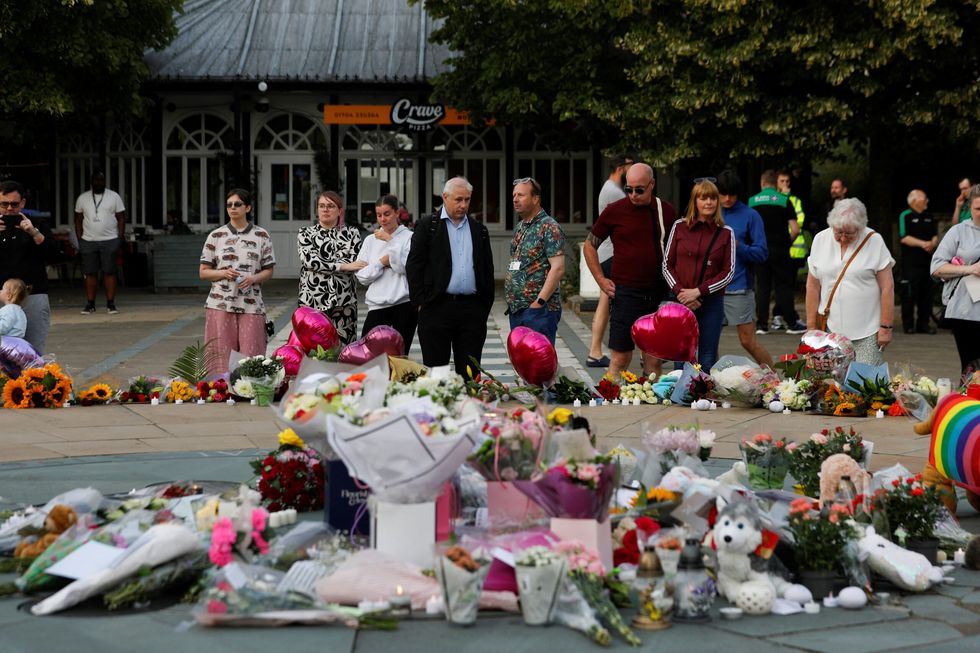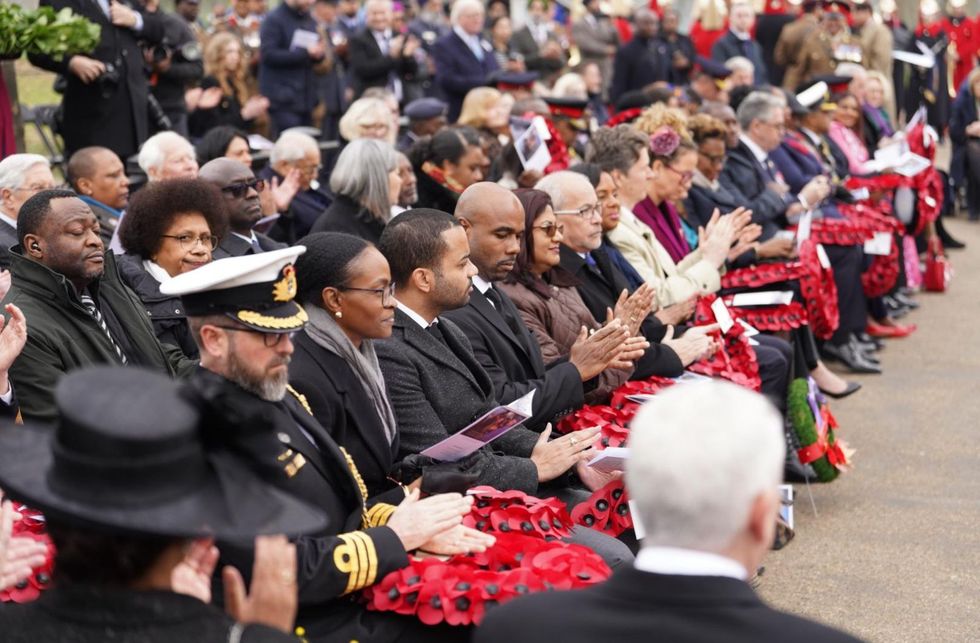VIOLENCE against women and girls on Britain’s railways has risen by over 50 per cent in the past two years, with alarming increases in both violent attacks and sexual offences, according to official figures.
The surge revealed growing concerns about safety on public transport and has prompted calls for stronger measures to protect female commuters, reported the Times.
Data from British Transport Police highlighted incidents of violent crime against women and girls have soared from 7,561 in 2021 to 11,357 in 2023. During the same period, sexual offences have risen by 10 per cent, climbing from 2,235 to 2,475. Furthermore, the number of reports of sexual harassment has doubled, reaching 1,908.
According to the survey, over a third of women commuting by train or tube have experienced sexual harassment or other sexual offences. The majority of these crimes occured during the busy evening rush hour, between 5pm and 7pm, when trains are most crowded.
Jess Phillips, the Labour MP and minister for safeguarding and violence against women and girls, condemned the rising levels of violence and harassment. “In this day and age, no woman should have to plan her journeys by public transport based on where and when she will feel safe,” Phillips said.
She highlighted the need for a comprehensive response to address the unacceptable levels of violence and harassment faced by women on public transport.
Officers attribute the increase in reported incidents to a greater willingness among victims to come forward. In response, they have introduced several initiatives to improve safety and reporting, including the “Railway Guardian” app, which allows for anonymous reporting of crimes, and the 61016 text service.
The police have also increased their presence with patrols of both uniformed and plain-clothes officers, and utilise a network of over 150,000 surveillance cameras to monitor and deter criminal activity.
Detective chief superintendent Sarah White, head of crime and public protection at British Transport Police, stressed the commitment to eradicating sexual harassment and offences. “There is absolutely no place for sexual harassment or sexual offences on the network. We are working tirelessly to stamp out this unacceptable behaviour and ensure that passengers feel safe while travelling," she was quoted as saying.
The increase in violent crimes on public transport follows a series of high-profile incidents that have drawn significant attention. In December last year, a man was jailed for nine years for raping a 20-year-old woman on an underground train. The case, which shocked many, highlighted the severe risks faced by women using public transport.
Similarly, in July, a man was sentenced to 20 months in prison for sexually assaulting a woman on an Elizabeth line train. He was also given a ten-year sexual harm prevention order.
Comedian Katherine Ryan praised British Transport Police for their handling of a case involving her daughter. In September last year, Ryan’s daughter was harassed by a group of men on the Tube. Ryan commended the police for their quick response and support, stressing the importance of continued vigilance.
While commenting on the ongoing crisis of violence against women and girls, Anna Birley, co-founder of Reclaim These Streets, said, “This situation serves as a stark reminder that the issue of violence against women and girls persists and, if anything, is worsening.”
Birley, who helped organise the London vigil for Sarah Everard, who was murdered by police officer Wayne Couzens in 2021, said that the rise in reported cases of violence is not merely due to better reporting mechanisms.
She believes that there is a genuine increase in incidents of violence against women and girls (VAWG), rather than just an improvement in how these cases are reported.
Notably, the Labour government has committed to addressing this issue by reducing violence against women and girls by half within a decade, as part of a broader strategy to enhance public safety and support victims.






 Former prime minister Rishi Sunak with his wife Akshata Murty (left), their children Anoushka and Krishna and his mother-in-law Sudha Murty (second from left) are pictured during their visit to the Taj Mahal in Agra last month
Former prime minister Rishi Sunak with his wife Akshata Murty (left), their children Anoushka and Krishna and his mother-in-law Sudha Murty (second from left) are pictured during their visit to the Taj Mahal in Agra last month












 Sara Sharif. (Photo: Surrey Police)
Sara Sharif. (Photo: Surrey Police)
 FILE PHOTO: Floral tributes are laid following a vigil for the victims of the knife attack in Southport, Britain July 30, 2024. REUTERS/Temilade Adelaja
FILE PHOTO: Floral tributes are laid following a vigil for the victims of the knife attack in Southport, Britain July 30, 2024. REUTERS/Temilade Adelaja
